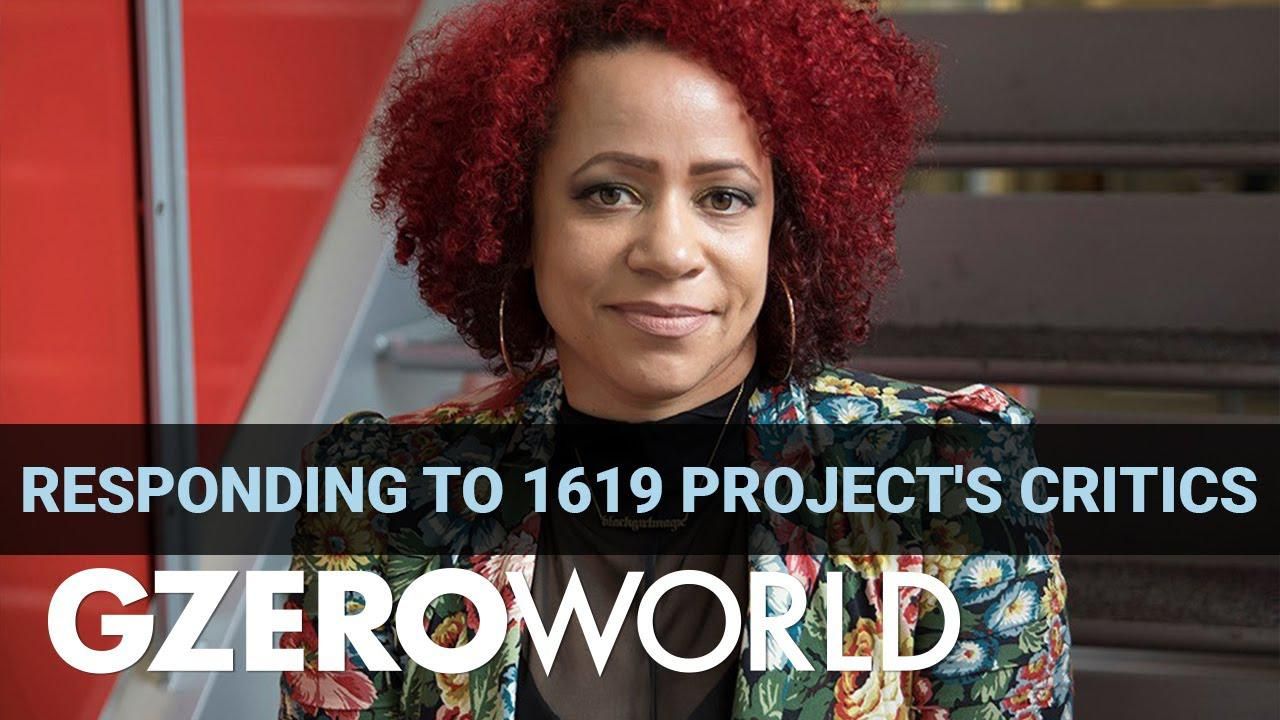Nikole Hannah-Jones pushes back against "disqualifying" 1619 Project criticism

Pulitzer Prize-winning New York Times journalist Nikole Hannah-Jones has often had to defend her work as the creator of the 1619 Project, a piece of modern journalism that has gained as much praise on one end of the US political spectrum as it has sparked outrage on the other.
Hannah-Jones admits some of the criticism was fair game — and that's one reason she’s just published an extended version of the project in book form, entitled The 1619 Project: A New Origin Story. But she rejects those who’ve tried to disqualify her and the project.
"People were saying these facts are wrong... [and] that this journalism needed to be discredited, and that's not normal," she explains. "And I don't agree with that type of criticism because... it's not true.”
According to Hannah-Jones, part of the problem is the mistaken perception that the 1619 Project claimed that slavery was uniquely American. It did not, she says, but did argue that the history of US slavery is quite exceptional in another way.
"There is something clearly unique about a country engaging in chattel slavery that says it was founded on ideas of individual rights and liberty. And that was not Brazil. That was not Jamaica. That was not any of the islands in the Caribbean. They didn't pretend to be a nation founded on God-given rights. We did."
Watch all of Hannah-Jones' interview with Ian Bremmer on the upcoming episode of GZERO World.